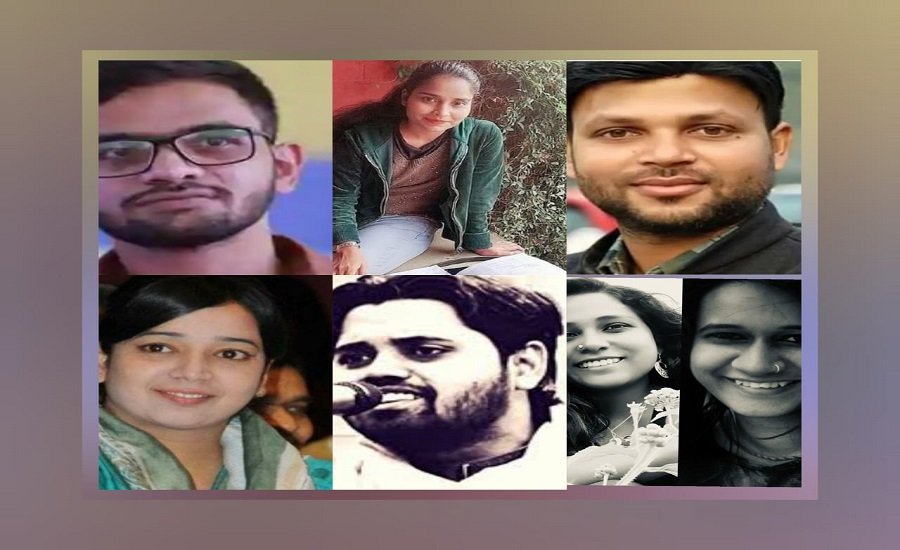
A number of incarcerated activists had alleged that their families were not allowed to send warm clothes to them as the winter was setting in
Clarion India
NEW DELHI — A Delhi court Tuesday asked jail officials to ensure that anti-CAA activists held under UAPA in different jails across Delhi were allowed to have access to warm clothes, slippers and medicines.
A number of incarcerated activists had alleged that their families were not allowed to send in warm clothes to them as the winter was setting in.
According to a report in HuffPost India, Meran Haider, a scholar at Jamia Millia currently held in connection with Delhi riots case, on Tuesday told the Additional Sessions Judge Amitabh Rawat that the inmates did not have access to woolens and medicines.
Similar complaints were made by Sowjhanya Shankaran, lawyer of Jamia student Asif Iqbal Tanha, who said that despite rules the jail superintendent did not allow her client access to the warm clothes.
Adit Pujari, a lawyer who represents Pinjra Tod activists Devangana Kalita and Natashta Narwal, requested the court to issue a joint order for all the activists to get access to warm clothes.
Judge Rawat directed the prison director-general to ensure that the issues raised by the accused were addressed. The order said that if the jail authorities failed to address the grievances, then an officer not below the rank of additional director general (prisons) should appear on the next date of hearing.
Moreover, some of the accused also raised the issue that some inmates had been showing covid-19-related symptoms.
Ishrat Jahan, anti-CAA activist and former Congress councillor, asked for an interim bail of two months in view of the emerging covid-19-related situation in New Delhi’s Mandoli jail where she is lodged. Her sister and lawyer Sarwar Jahan also sought a general order for access to warm clothes to the inmates.
Public prosecutor Amit Prasad said that in view of the covid-19 concerns, things can only be parcelled and not delivered physically in person.
However, Mehmood Pracha, who is lawyer for Gulfisha Fatima, said, “From my experience, that is not the case. They don’t accept.”
The accused are anti-CAA activists who had earlier this year led peaceful protests across India asking the government to revoke the “discriminatory” citizenship amendment Act (CAA) which critics say goes against the secular and democratic spirit of the Constitution of the country. According to the law, migrants from neighbouring countries living in India will be granted citizenship. But it specifically excludes Muslims. Critics say that the law, if coupled with the potential nationwide citizenship test, will lead to disenfranchisement of Muslim citizens.
Irked by the protests, senior leaders and ministers from the ruling Bharatiya Janata Party (BJP), in their speeches, had exhorted their supporters to shoot the protesters! “Goli maaro salon ko” became the war-cry of the mobs supporting the ruling party. This eventually led to an outbreak of violence in northeastern parts of Delhi in February. The carnage that followed left behind a trail of death and destruction.
More than 50 people were killed, hundreds of houses set ablaze and many families displaced in three days of violence. The police were accused of siding with the rampaging mobs throughout the violence and arson.
The Delhi police made a series of detentions in the name of investigation at a time when the entire country was under an unprecedented lockdown. What’s more, they used UAPA, an anti-terror law, as a weapon against the people detained .
The detainees include student activists, protest coordinators including Safoora Zargar (out on bail), Meeran Haider, Shafi ur Rehman, Gulfish Fatima, Ishrat Jahan, Asif Iqbal Tanha, Umar Khalid, Devangana Kalita and Natashta Narwal and ordinary youths from the Muslim community.

